When lab meets life
Recent articles
Featured articles
In scramble for science faculty jobs, timing is key
Parlaying a postdoc into one of a dwindling number of faculty positions takes hard work and sheer luck.
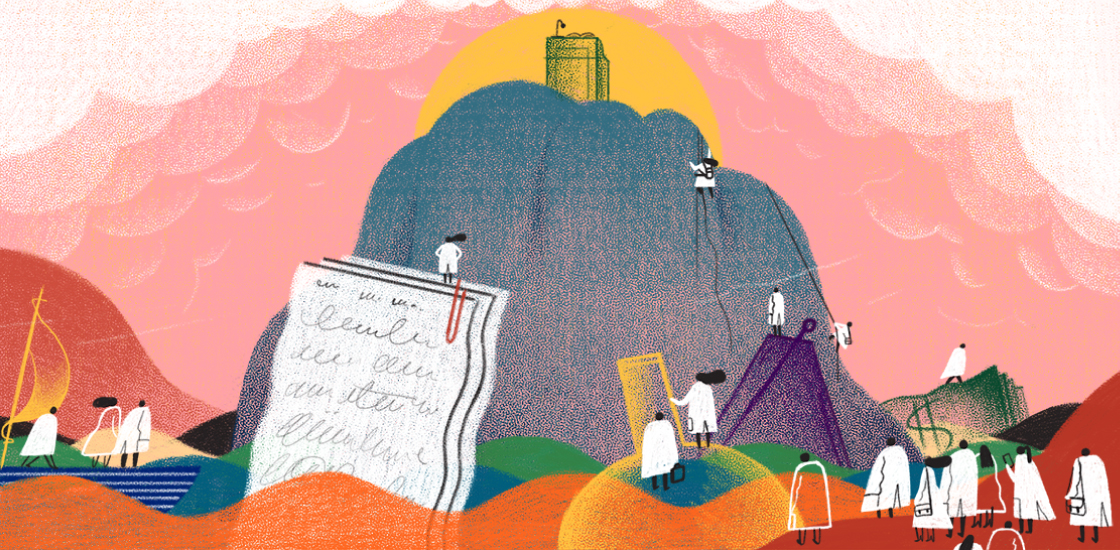
In scramble for science faculty jobs, timing is key
Parlaying a postdoc into one of a dwindling number of faculty positions takes hard work and sheer luck.
Rising star: Vanessa Bal traverses fine work-life balance
Parent, partner and professional — the need to fulfill all of these roles at once complicates Vanessa Bal’s life.
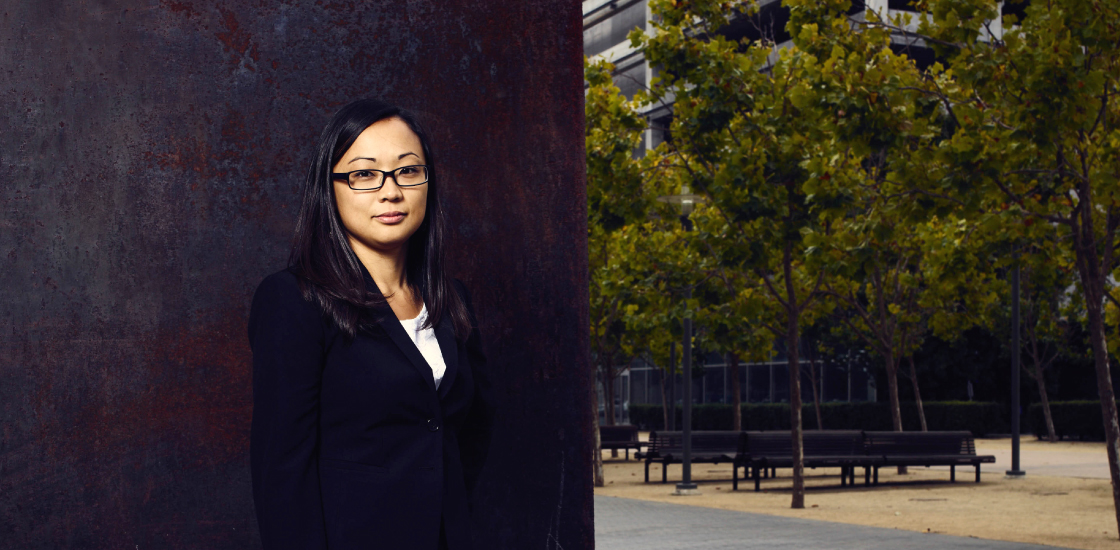
Rising star: Vanessa Bal traverses fine work-life balance
Parent, partner and professional — the need to fulfill all of these roles at once complicates Vanessa Bal’s life.
Specialized grants allow ex-scientists to restart careers
After an extended leave from a job, some scientists may struggle to reclaim their careers. A reentry grant can put them back in the game.
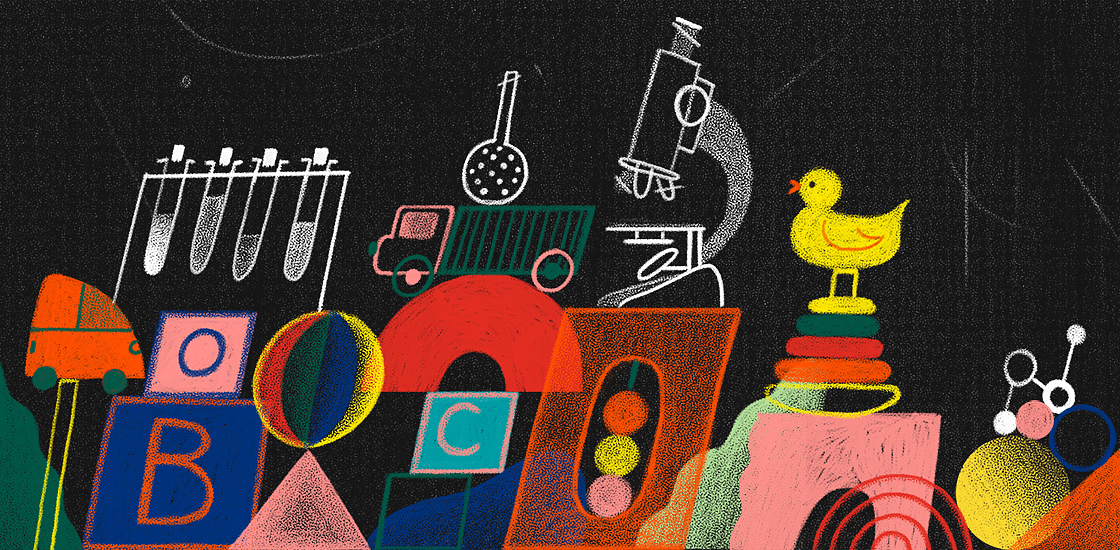
Specialized grants allow ex-scientists to restart careers
After an extended leave from a job, some scientists may struggle to reclaim their careers. A reentry grant can put them back in the game.
Academic couples see upsides to ‘two-body problem’
Researchers in a relationship may have trouble finding jobs in the same place, but some pairs see this as an opportunity.
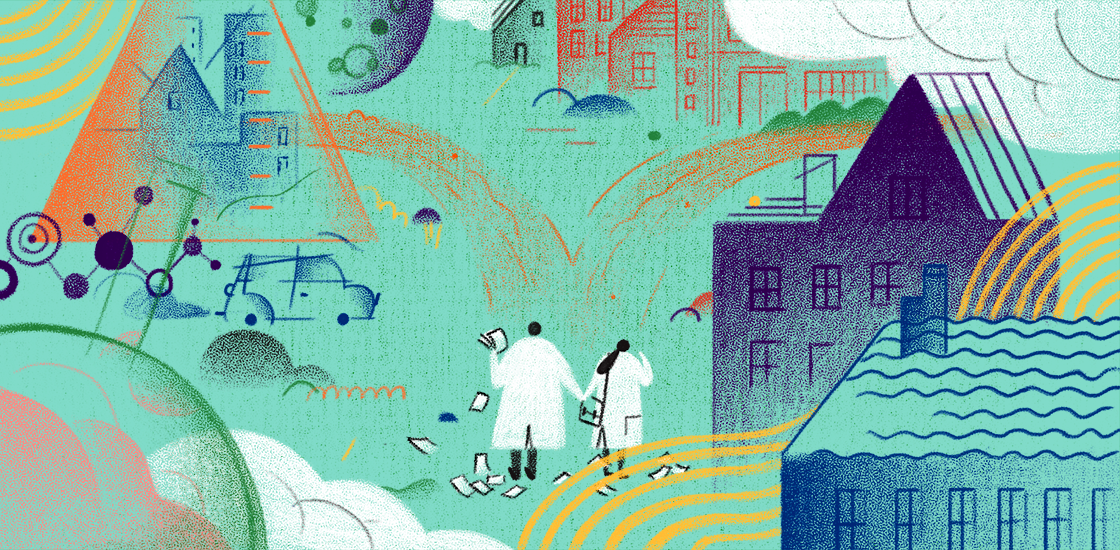
Academic couples see upsides to ‘two-body problem’
Researchers in a relationship may have trouble finding jobs in the same place, but some pairs see this as an opportunity.
Questions for Yael Niv: How to fight sexism in science
Male scientists typically dominate speaker lineups at conferences. The skewed gender ratio stunts women’s careers — and progress in science.
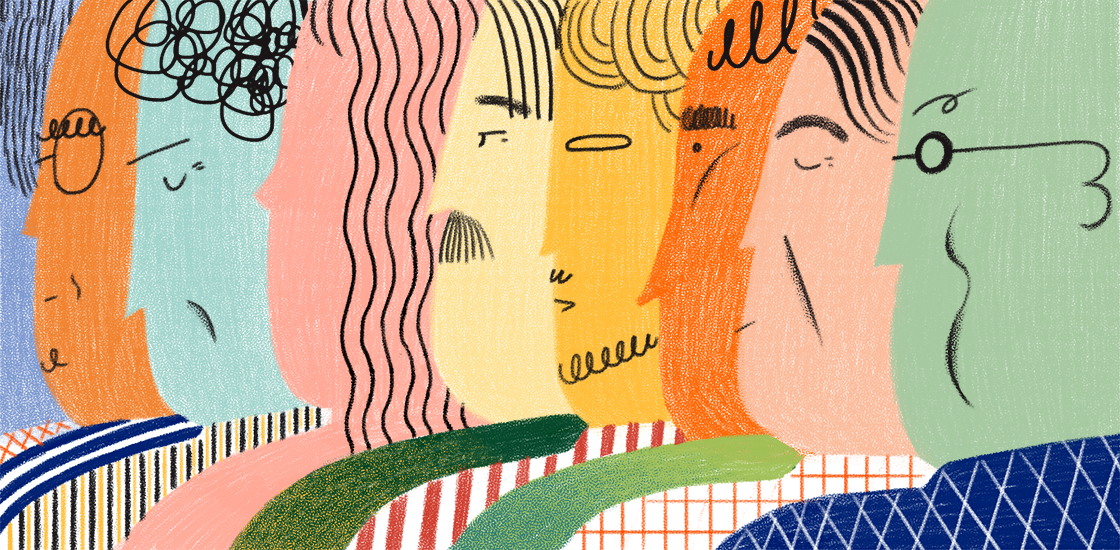
Questions for Yael Niv: How to fight sexism in science
Male scientists typically dominate speaker lineups at conferences. The skewed gender ratio stunts women’s careers — and progress in science.
Beyond citations: Why scientists need to engage with public
Scientists should regularly relate their work to a broad audience, and universities should support these efforts.
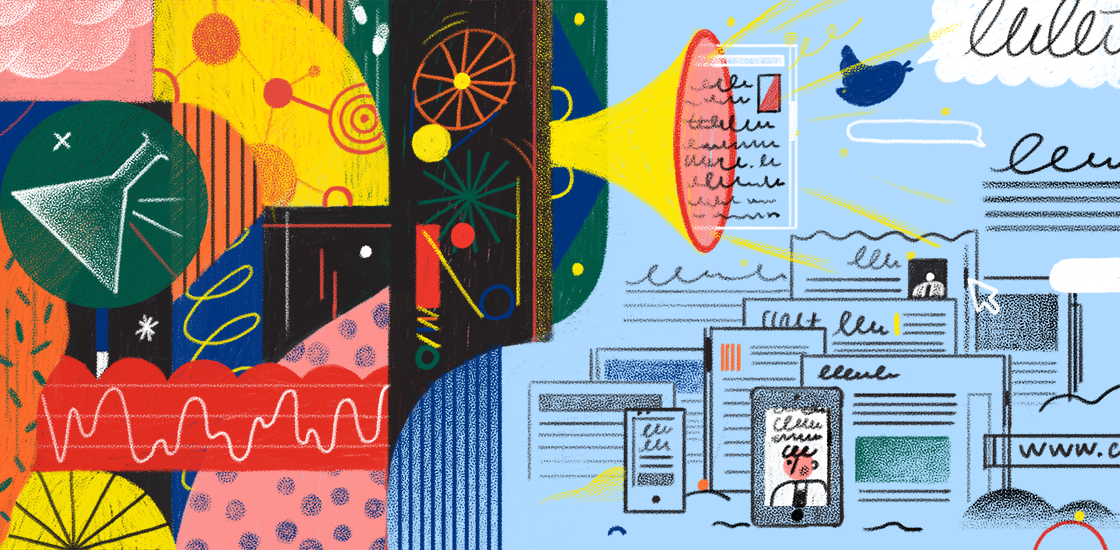
Beyond citations: Why scientists need to engage with public
Scientists should regularly relate their work to a broad audience, and universities should support these efforts.
From the archives
Helen Tager-Flusberg: Decoding the language of autism
The language deficit in autism is complex and diverse. With a no-nonsense and thoughtful approach, Helen Tager-Flusberg has devoted her career to sorting it all out.
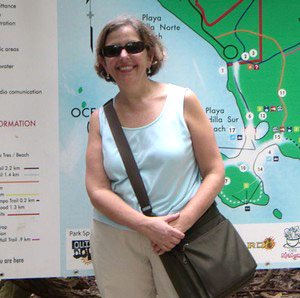
Helen Tager-Flusberg: Decoding the language of autism
The language deficit in autism is complex and diverse. With a no-nonsense and thoughtful approach, Helen Tager-Flusberg has devoted her career to sorting it all out.
Rising star: Brian O’Roak brings ‘A’ game to autism genetics
Brian O’Roak has helped to steer some of the largest, most complex studies of autism genetics to date.
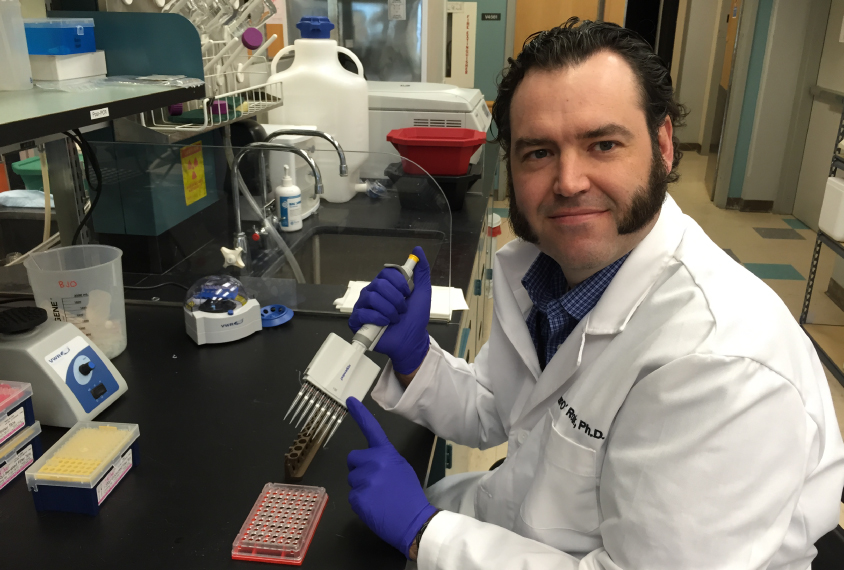
Rising star: Brian O’Roak brings ‘A’ game to autism genetics
Brian O’Roak has helped to steer some of the largest, most complex studies of autism genetics to date.
How to build a better scientist
Budding scientists need career guidance from faculty mentors, not just technical handholding by graduate students, suggests a comprehensive review.

How to build a better scientist
Budding scientists need career guidance from faculty mentors, not just technical handholding by graduate students, suggests a comprehensive review.
Parents turn their skills to furthering autism research
Most parents educate themselves as much as possible when their child is diagnosed with a disorder. A handful of others — in many cases, mothers — have devoted their professional lives to research on autism-related disorders.

Parents turn their skills to furthering autism research
Most parents educate themselves as much as possible when their child is diagnosed with a disorder. A handful of others — in many cases, mothers — have devoted their professional lives to research on autism-related disorders.
How to undo stereotypes that hinder women in science
Late this summer, a paper from Yale University researchers led by Jo Handelsman delivered some sobering news: There is still a clear bias against female scientists. The findings confirm the impression of many women in science, at all career levels, who feel undervalued.

How to undo stereotypes that hinder women in science
Late this summer, a paper from Yale University researchers led by Jo Handelsman delivered some sobering news: There is still a clear bias against female scientists. The findings confirm the impression of many women in science, at all career levels, who feel undervalued.
Women researchers in autism face glass ceiling
Women scientists did much of the important early work in the field of autism, but they still struggle with lower salaries, more teaching responsibilities in their institutions and fewer opportunities to head up large, multi-center collaborations.

Women researchers in autism face glass ceiling
Women scientists did much of the important early work in the field of autism, but they still struggle with lower salaries, more teaching responsibilities in their institutions and fewer opportunities to head up large, multi-center collaborations.
Explore more from The Transmitter
Early trajectory of Alzheimer’s tracked in single-cell brain atlases
Inflammation in glia and the loss of certain inhibitory cells may kick off a disease cascade decades before diagnosis.
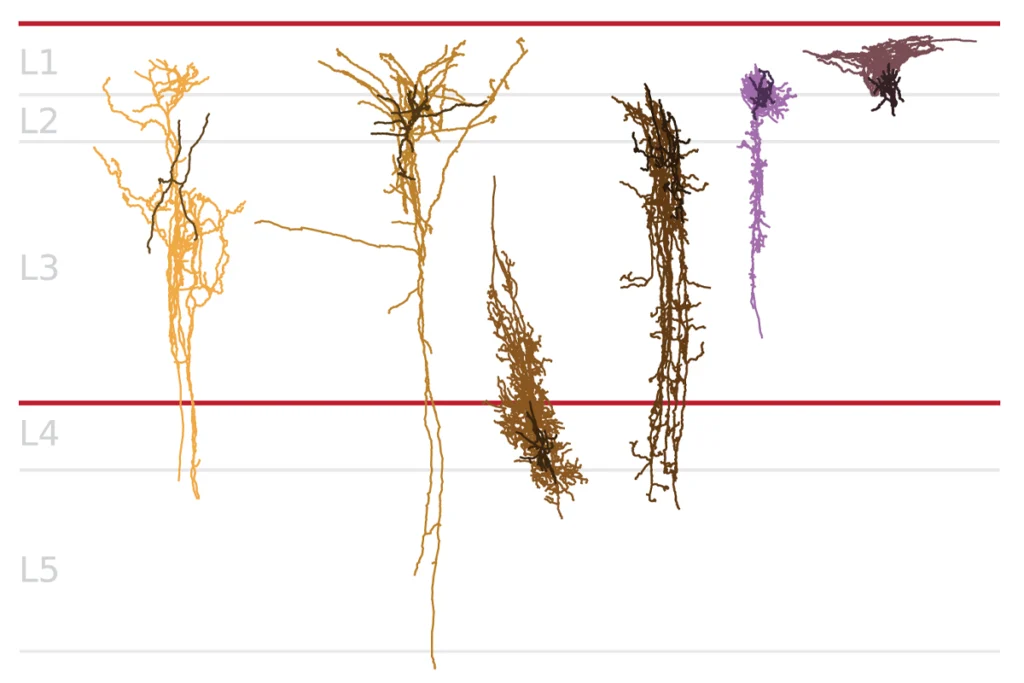
Early trajectory of Alzheimer’s tracked in single-cell brain atlases
Inflammation in glia and the loss of certain inhibitory cells may kick off a disease cascade decades before diagnosis.
Okur-Chung neurodevelopmental syndrome; excess CSF; autistic girls
Here is a roundup of autism-related news and research spotted around the web for the week of 21 October.
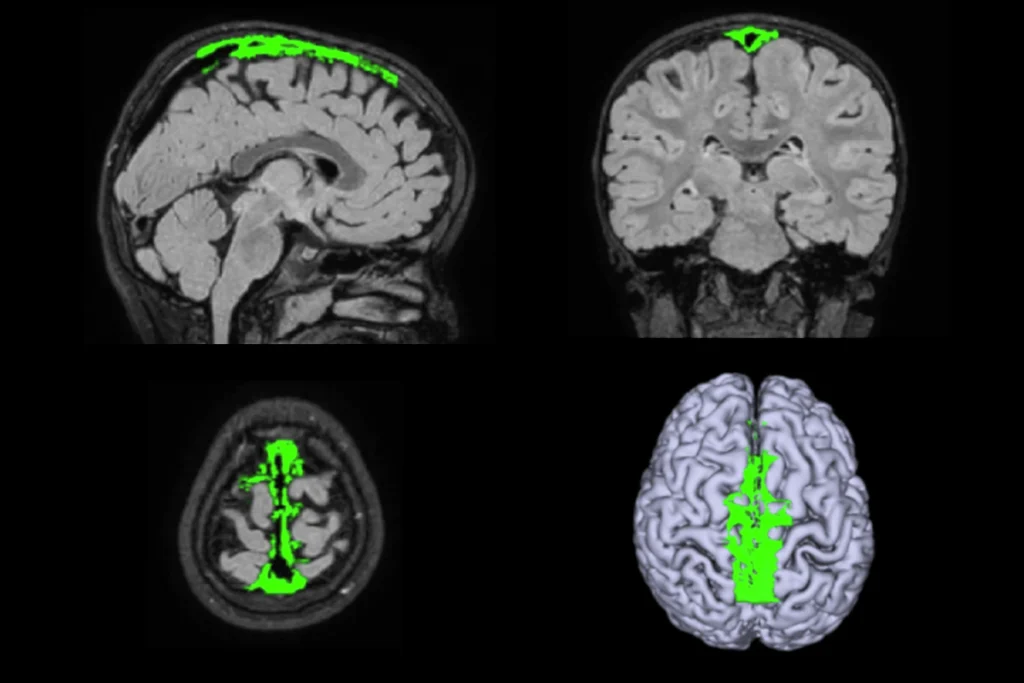
Okur-Chung neurodevelopmental syndrome; excess CSF; autistic girls
Here is a roundup of autism-related news and research spotted around the web for the week of 21 October.
Brains, biases and amyloid beta: Why the female brain deserves a closer look in Alzheimer’s research
New results suggest the disease progresses differently in women, but we need more basic science to unpack the mechanisms involved.
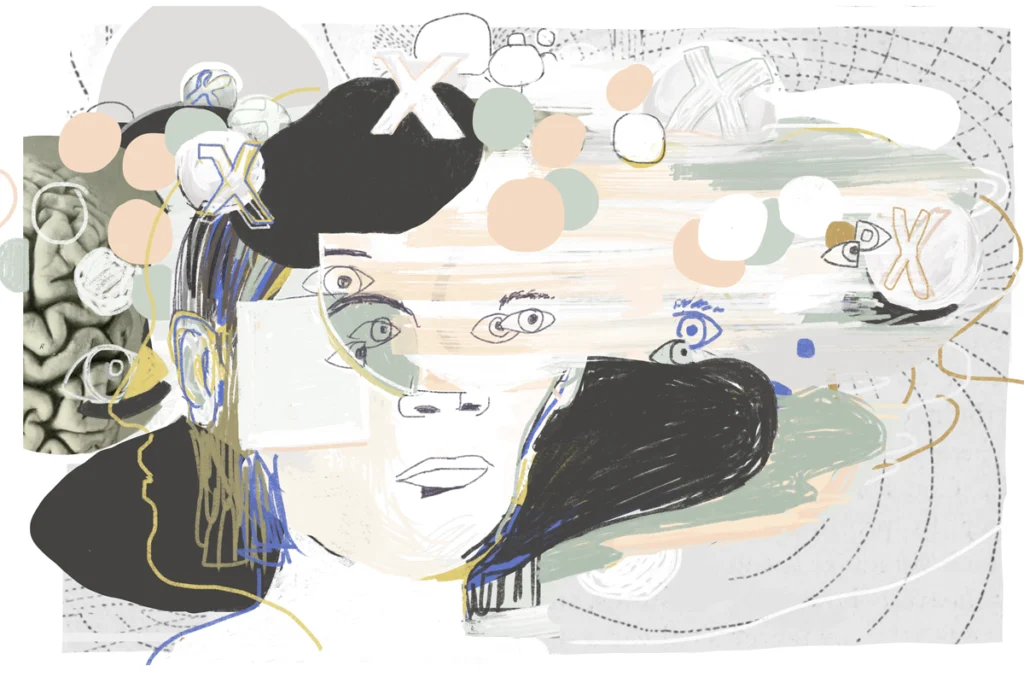
Brains, biases and amyloid beta: Why the female brain deserves a closer look in Alzheimer’s research
New results suggest the disease progresses differently in women, but we need more basic science to unpack the mechanisms involved.